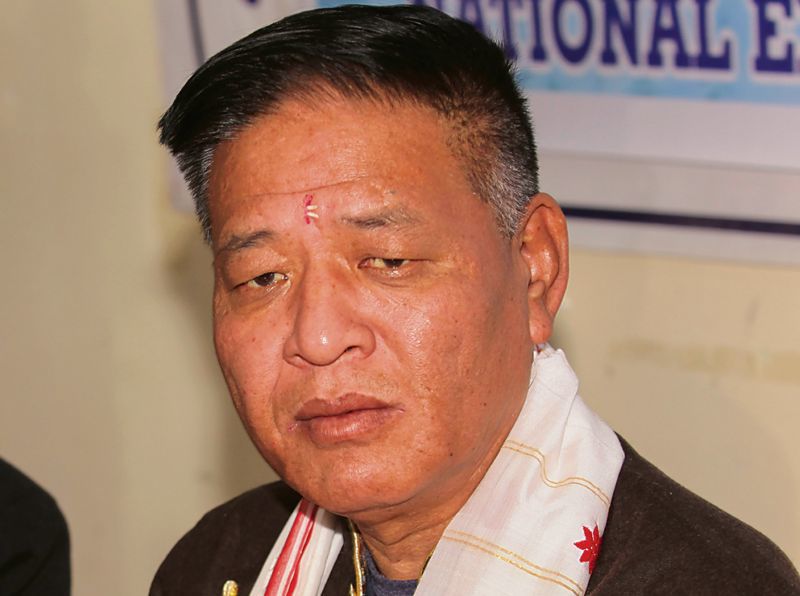Back-channel talks between China, Tibetan govt-in-exile going on: Sikyong Penpa Tsering
New Delhi, July 17
The Tibetan government-in-exile and China are continuing to hold back-channel talks and the last round took place this month, just days before US President Joe Biden signed a legislation that seeks to press Beijing for a negotiated settlement to Tibet’s demands for greater autonomy.
“Last round of talks happened at the beginning of this month,” Penpa Tsering, the Sikyong or political head of Tibet’s government-in-exile, said on Wednesday.
The Tibetan side has been joining the back-channel negotiations with a long-term perspective and that it does not have any expectations from the Xi Jinping-led Chinese government, he told a small group of journalists.
“We just cannot think of the short term. We cannot only think about Xi Jinping. He will be there for some time and then he will be gone. But we have to keep our communications (with Beijing) going,” he said.
In April, Beijing rejected reports of the back-channel talks with the Tibetan government-in-exile and said it would hold negotiations only with the representatives of the Dalai Lama.
“The back-channel talks are going on. However, China never acknowledges them. It is their policy not to acknowledge,” Tsering said.
From 2002 to 2010, Tibetan spiritual leader the Dalai Lama’s representatives and the Chinese government held nine rounds of dialogue that did not produce any concrete outcomes. No formal talks have been held since then.
The back-channel talks were seen as willingness by both sides to re-engage over a decade after the formal dialogue process hit a dead end in view of anti-China protests in Tibet and Beijing’s hardline approach towards the Buddhist region.
Sikyong said the talks are taking place in a third country and it was Beijing which reached out to Tibet’s government-in-exile for the negotiations.
At the same time, he said there has been no contact between the two sides since Biden signed into law the ‘The Resolve Tibet Act’.
“My Administration will continue to call on the People’s Republic of China to resume direct dialogue, without preconditions, with the Dalai Lama, or his representatives, to seek a settlement that resolves differences and leads to a negotiated agreement on Tibet,” Biden said after signing the Act on July 12.
The legislation, seen as significant in Tibet’s struggle for autonomy, says it is Washington’s policy that the conflict must be resolved in accordance with international law through dialogue without preconditions.
“If there has to be a resolution, it should be based on international law — that is the first aspect of this act,” the Sikyong said.
“Even though we are asking for some kind of autonomy under the Middle-Way policy, the concept of autonomy is not defined in international law. The only thing that is defined in international law is self-determination,” he explained.
“And that is what the US recognises that the Tibetan people have the right to self-determination just as the UN General Assembly passed a resolution way back in 1961.” Tsering said the Tibetan people are very committed to the ‘Middleway’ policy of the Dalai Lama to resolve the conflict.
Unlock Exclusive Insights with The Tribune Premium
Take your experience further with Premium access.
Thought-provoking Opinions, Expert Analysis, In-depth Insights and other Member Only Benefits
Already a Member? Sign In Now










